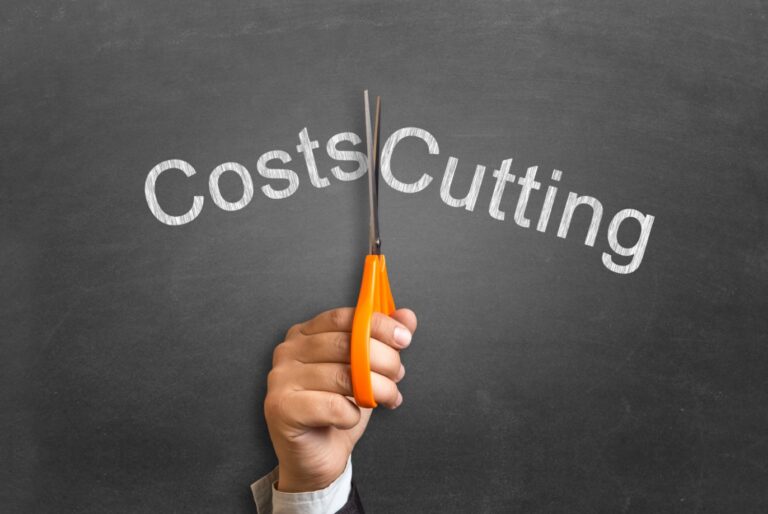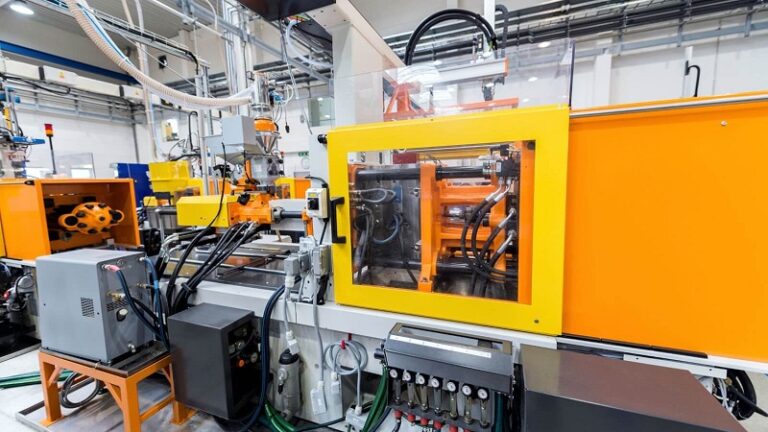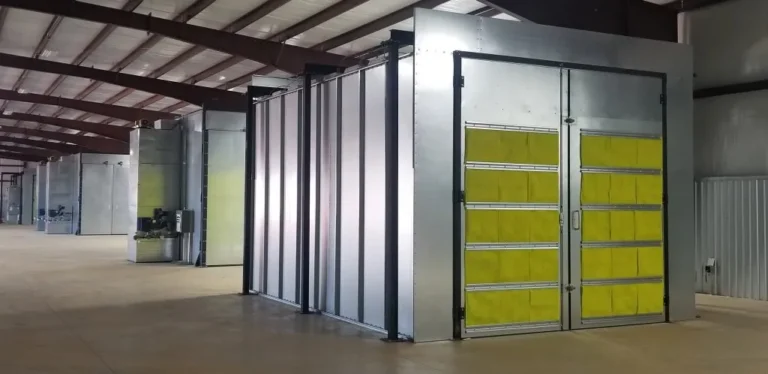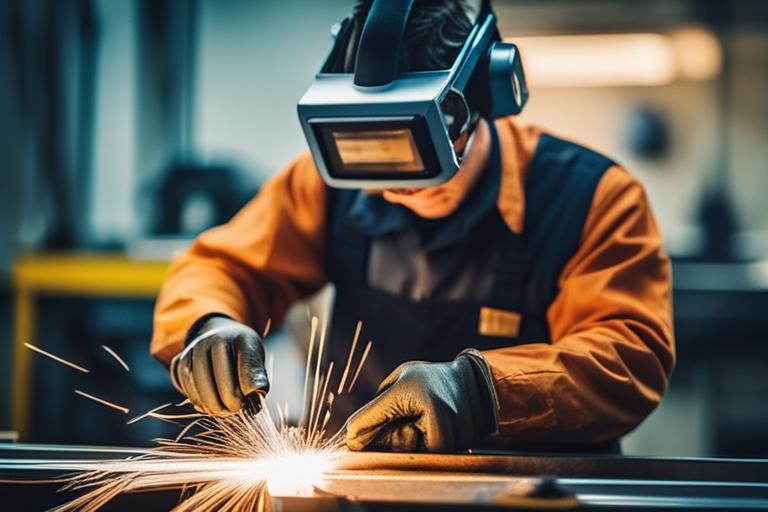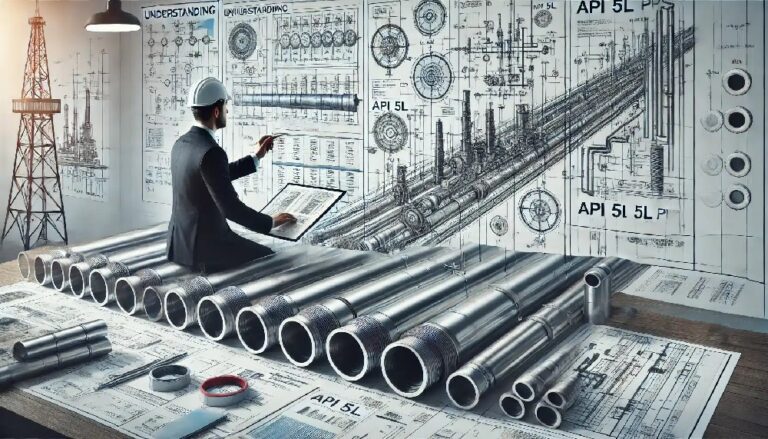When we talk about building things that last, especially in industries like oil and gas, the need for strong and durable materials is crucial. That’s where a company like Trio Steel comes into play. Trio Steel is a well-known API 5L pipes supplier and manufacturer in India. These pipes are essential for the safe and efficient transport of oil and natural gas. In this blog, we will explore how Trio Steel is playing a vital role in creating sustainable oil and gas infrastructure.
Understanding API 5L Pipes
First, let’s understand what API 5L pipes are. API stands for the American Petroleum Institute. API 5L is a standard specification for line pipes. These pipes are used to transport oil and natural gas from extraction sites to refineries and then to distribution points. These pipes need to be incredibly strong and durable to withstand the pressures and elements they are exposed to.
API 5L pipes can be made from various grades of steel, and each type is selected based on the environment and the pressure requirements of the transport system. They are fundamental in ensuring the efficiency and safety of the oil and gas industry’s infrastructure.
Trio Steel’s Contribution to the Oil and Gas Industry
As a leading API 5L pipes supplier and manufacturer, Trio Steel plays a pivotal role in the oil and gas sector. Their commitment to quality and innovation ensures that they provide the best materials for building robust and long-lasting oil and gas pipelines. Here’s how they contribute:
- Quality Assurance: Trio Steel ensures that all the pipes comply with API 5L standards, guaranteeing high quality. The pipes are rigorously tested to handle different pressures and environments, ensuring they are safe and reliable for transporting oil and gas.
- Sustainable Practices: Understanding the environmental impacts of their products, Trio Steel employs sustainable manufacturing practices. This includes using recycled materials and optimizing production processes to reduce waste and energy consumption.
- Innovative Solutions: The oil and gas industry faces constant challenges such as corrosive environments and extreme temperatures. Trio Steel continuously innovates to improve the resilience and efficiency of API 5L pipes, helping to extend the lifespan of oil and gas infrastructure and reduce the need for frequent replacements.
- Customization: Every oil and gas project has unique requirements. As a leading API 5L pipes supplier and manufacturer, Trio Steel offers customized solutions that meet specific needs, which is essential for creating effective and sustainable infrastructure.
Supporting Global Energy Requirements Sustainably
The demand for energy is growing globally, and so is the need for developing infrastructure that can meet this demand sustainably. Trio Steel’s API 5L pipes play a crucial role in this by providing a foundation for building oil and gas infrastructures that are not only effective but also sustainable. These pipes help in minimizing leaks and spills, which are significant environmental concerns in the oil and gas industry.
The Impact of Strong Infrastructure
With strong and reliable infrastructure, energy companies can ensure a consistent supply of oil and gas, which is crucial for global economic stability. Reliable infrastructure also minimizes the risks of accidents and environmental hazards, contributing to safer industrial operations.
Moreover, efficient transport systems reduce the overall carbon footprint of oil and gas operations, aligning with global efforts to combat climate change. By providing high-quality API 5L pipes, Trio Steel is at the forefront of these initiatives, helping to build an infrastructure that supports both economic growth and environmental sustainability.
Conclusion
In conclusion, Trio Steel, a pioneering supplier and manufacturer of an extensive range of API 5L pipes—including the grades API 5L X42, API 5L X46, API 5L X52, API 5L X56, API 5L X60, API 5L X65, API 5L X70, and API 5L X80—is making significant strides in supporting the oil and gas industry’s move towards more sustainable practices.
Their commitment to quality, combined with innovative and environmentally conscious manufacturing processes, sets them apart in their field. As the industry continues to evolve, the role of suppliers like Trio Steel, with their broad spectrum of API 5L pipes, will only grow, underpinning the development of sustainable energy infrastructures across the globe.
By ensuring the highest standards in their products, Trio Steel not only aids in meeting today’s energy needs but also paves the way for a more sustainable and reliable energy future.

